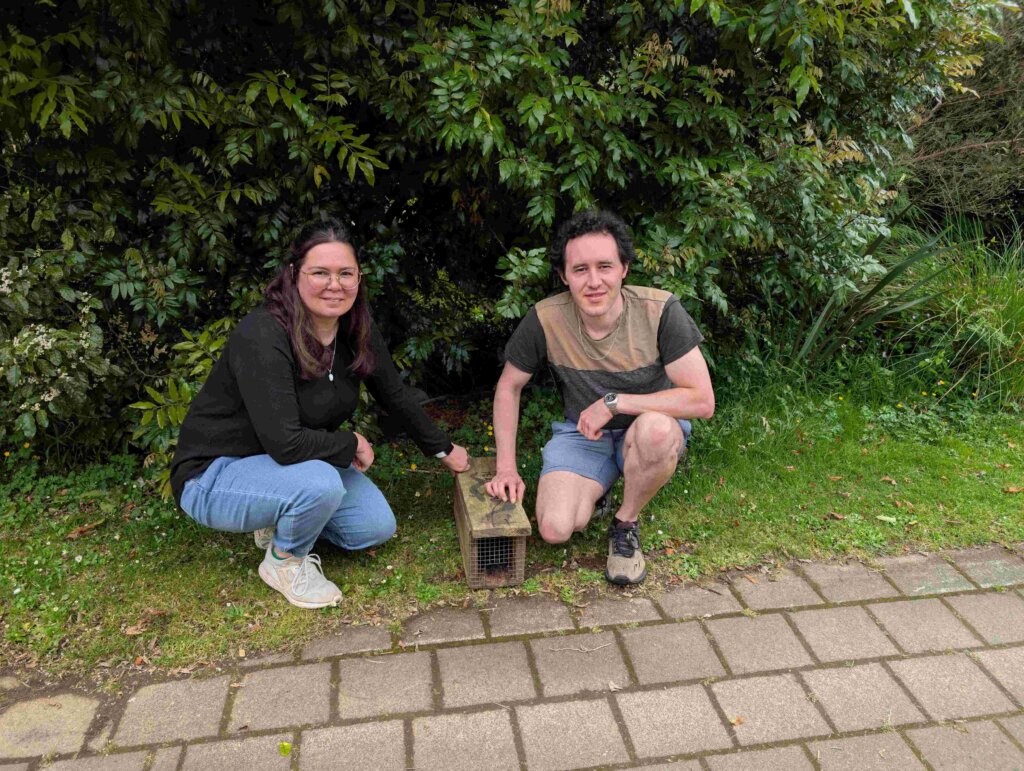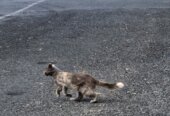Thieves stole four predator traps from Te Awamutu and District Memorial Garden towards the end of last month.
The thefts are the latest in a long line of activities disrupting the work of four volunteers who run Predator Free Te Awamutu and Pirongia as part of the Predator Free NZ project.
Coordinator Michael Arthur, of Te Awamutu, said the thefts had followed a note “asking us to stop trapping rats because they love them so much”.
“It’s pretty disappointing for our volunteers who spend their free time doing this,” he said.
But Arthur and his friends are not deterred, as it’s all about protecting native bats, birds and insects from introduced species. “We have passed one thousand kills,” he said.
That’s an average of one predator a day over the three years the project has been in operation.
“In the last 30 days we have caught 33 rats, 22 mice, 13 possums, and three hedgehogs,” he said.
Two rats can start a population that grows to 2000 in a year, eating birds, seeds, snails, lizards, fruit, weta, eggs, chicks, larvae and flowers.

Predator Free Te Awamutu and Pirongia co-ordinator Michael Arthur, right, and fellow volunteer Emma Tyler are frustrated with trap thefts.








